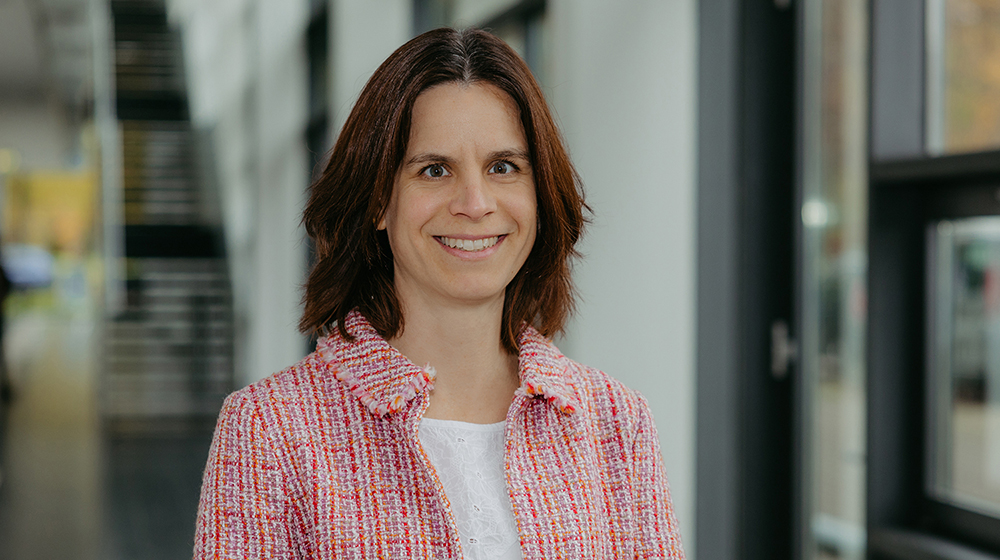Science with backbone: the Scientific Integrity Service Center
Science is more than just facts and formulas—it thrives on trust. Without society's trust in research and without trust among researchers themselves, science can be neither credible nor effective. One person who is committed to precisely this goal is Dr. Martina Beyrau. She heads the Scientific Integrity Service Center at the University of Magdeburg. Her mission: to create a culture in which honesty, respect, and transparency are not empty promises, but everyday practice.
“Scientific integrity is the ethical attitude of everyone involved in the research process,” explains Dr. Beyrau. That may sound abstract at first, but she quickly sums it up: “It's about quality, credibility, and explaining how science works in the first place.” Because only when the rules of the game are known and understandable can trust be established—or, where it has already been shaken, grow again.

Photo: Jana Dünnhaupt
With its Statutes for Ensuring Good Scientific Practice, the university is implementing the guidelines for ensuring good scientific practice adopted by the German Research Foundation (DFG) in 2019. These guidelines, better known as the DFG Code, not only require compliance with scientific standards, but also a cultural change: away from the mere avoidance of misconduct and toward a positive, integrity-based scientific culture. The university's statutes oblige all those engaged in scientific work at the university—from master's students to teaching staff — to comply with these rules.
The service center offers concrete support for this: a clearly structured website, a comprehensive range of courses on good scientific practice, individual advice on questions or uncertainties, and cooperation with the university's ombudsman system. Nine ombudspersons and deputies are available to mediate neutrally in conflicts or cases of suspicion. Dr. Beyrau coordinates this work — with tact, but also with a clear stance.
“We want prevention rather than punishment,” she says. Demand is already high: inquiries are coming not only from doctoral students, but also from student assistants and professors — a sign that the service is being well received. She is particularly keen to work with teachers to integrate the topic of academic integrity into the curriculum at an early stage. The service center is happy to provide teaching materials on request.
And what happens in serious cases? “The consequences of scientific misconduct can be severe — ranging from the revocation of titles to consequences under labor law,” says Dr. Beyrau. But even worse is the loss of trust caused by falsified data or plagiarism. “Research must be reliable – otherwise it is useless or even harmful.”
Much is still in the works, and Dr. Beyrau is bursting with further ideas. Her vision is clear: “Good science needs strong values.” The Scientific Integrity Service Center is not intended to be just a set of rules, but a real point of contact, network partner, and source of inspiration. Science with attitude – in line with the principles of its director.
Text: JANINA MARKGRAF